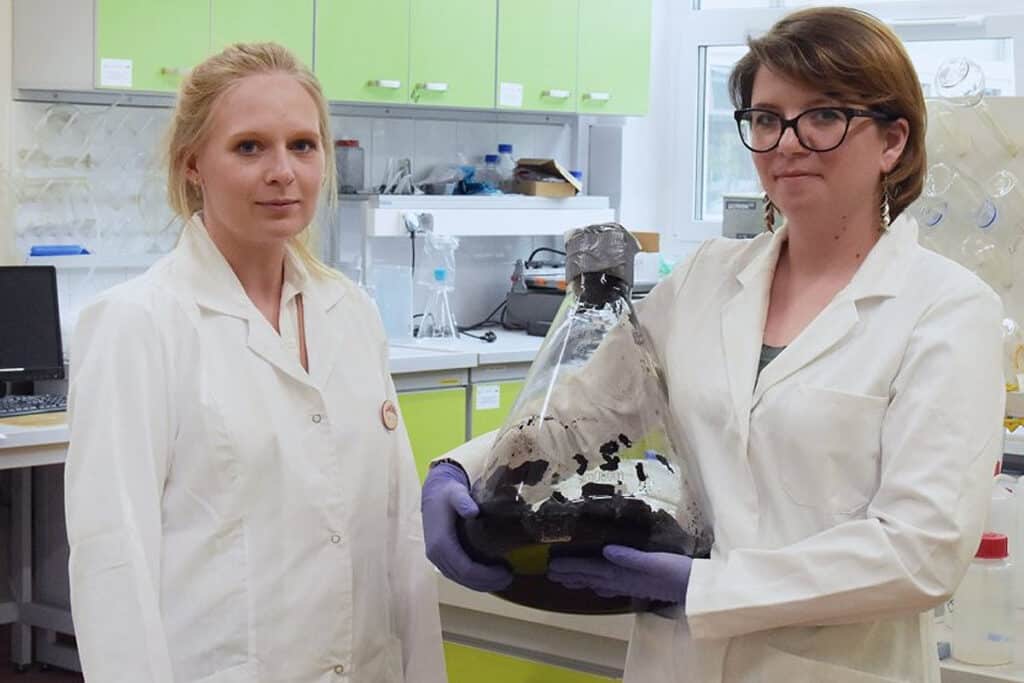The environmental impact of energy raises many questions, particularly regarding fuel leaks. A recent study from MIT reveals that, although hydrogen leaks contribute to global warming, they are three times less harmful than methane leaks, the main component of natural gas. Thus, this analysis highlights the necessity of taking strong measures to limit leaks of these gases, which are crucial for the global energy future.
A recent study by researchers at MIT found that hydrogen leaks, while having an impact on the climate, are about three times less harmful than methane leaks, the main component of natural gas, on a mass basis. These hydrogen leaks indirectly influence global warming by interacting with other atmospheric compounds, thereby reducing the natural concentration of hydroxyl radicals (OH), which help to break down methane. The study emphasizes the importance of reducing leaks from both gases to maximize the climatic benefits of renewable energies.
Although hydrogen has a lesser climate impact compared to methane, it is crucial to minimize leaks to protect climate goals and improve energy efficiency. Technological advancements in leak detection and prevention, such as Fotech’s LivePIPE II solution using fiber optic cables, are essential to contain these gases as part of the transition to clean energy.

MIT Study: Hydrogen vs Natural Gas
Research in clean energy is increasingly focusing on the climate impact of hydrogen leaks compared to that of natural gas. An analysis conducted by MIT has revealed that hydrogen leaks have a negligible effect on the climate compared to methane, the main component of natural gas. However, the study underscores the importance of adopting robust strategies to reduce losses from these two energy sources, as, while hydrogen leaks are less severe, they are not negligible. (125)
Understanding the Impact of Hydrogen and Methane Leaks
The consequences of methane leaks are well established in the scientific community, as this gas can trap heat in the atmosphere 80 times more effectively than carbon dioxide over a twenty-year period. On the other hand, hydrogen, while having a three times lesser impact than methane according to MIT researchers, contributes to global warming by affecting methane levels. It does this by reducing hydroxyl radicals, natural components that degrade methane. This interaction shows that the climatic benefits of hydrogen heavily depend on a significant reduction in leaks. (150)
Reducing Leaks: Key to the Energy Transition
The fight against gas emissions requires increased efforts to minimize leaks across the entire energy supply chain. This includes the adoption of advanced technologies for detecting and preventing gas losses. Solutions like Fotech’s LivePIPE II system, which utilizes distributed acoustic detection, or Metis Engineering’s hydrogen leak detection sensor, represent significant advancements in this field. By strengthening detection infrastructures and procedures, we can maximize energy efficiency while effectively pursuing sustainability goals. (125)
Articles similaires
Thank you!
We will contact you soon.














